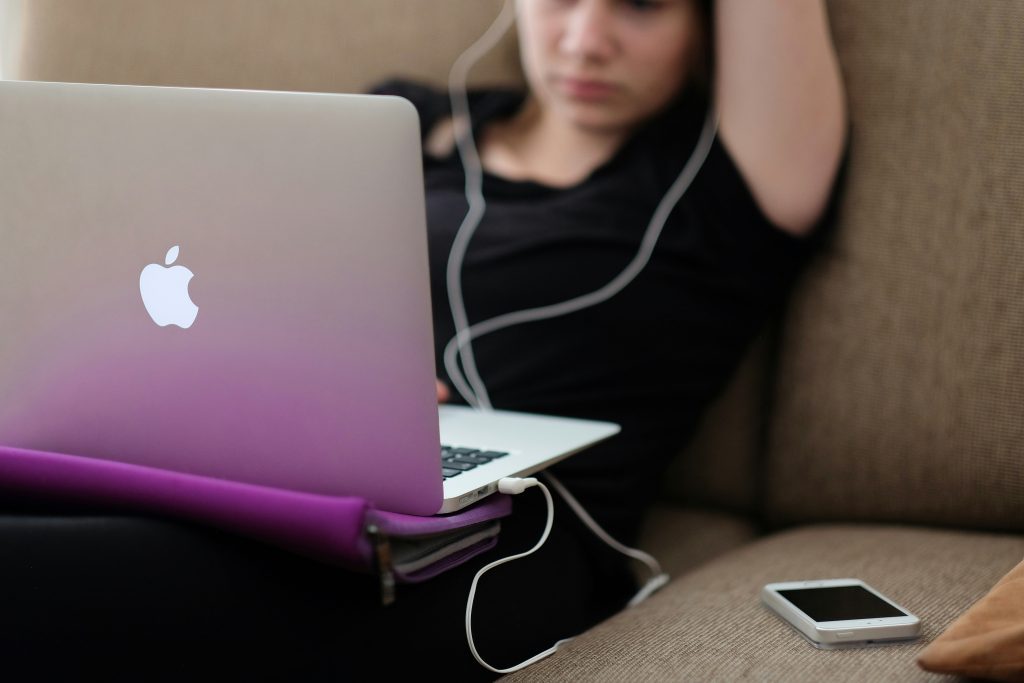
October 8, 2024 By Carol Britton Meyer
The results of the anonymous 2024 Hingham Public Schools middle/high school youth risk behavior survey — used by the Massachusetts Department of Elementary & Secondary Education to collect health data statewide — indicate in part that vaping rates and alcohol use have decreased, as has marijuana use among Hingham High School juniors who participated.
The survey — administered to students in grades 7, 9, and 11 — is instrumental in shaping health, physical education, and counseling curricula and helps the HPS district design programs that meet students’ unique needs.
HPS K-12 Health Coordinator Karen Beatty presented the results to the school committee this week.
As examples, the number of students who answered “often or always” when asked how much they worry about/can’t control issues such as homework, adjusting to change, or talking to a teacher decreased slightly over the 2023 results.
The results also indicated that HPS students in all three grades who took the survey aren’t getting enough sleep.
‘Improved mental health trends’
The YRBS is showing “significant improvement across the board on risk behaviors in our students, such as smoking cigarettes, vaping, drinking, and smoking marijuana. We are also seeing improved mental health trends. I believe the two are tied together,” School Committee Chair Nes Correnti told the Hingham Anchor in response to a follow-up email. “At times when there are mental health or social emotional issues, students (and people in general) sometimes try to ‘self medicate’ with alcohol or other drug use.” The data was compared to survey results from 2019, 2023, and 2024.
The results also show that the percentage of grade 9 and 11 students who seriously considered suicide in the past 12 months has fluctuated over the three years, with the lowest number in 2024: Grade 9 — 8% in 2019; 12% in 2023; and 5% in 2024; Grade 11 — 11% in 2019; 9% in 2023; and 8% in 2024.
High participation in sports and other activities
The “community engagement” category results show that 80 percent of high school students participated in at least one sport during the school year; 93 percent of middle school students played on a school or community team; and students are involved in organized activities after school, at night, and weekends, including clubs, art/music/drama lessons, church, and the Rec Center.
More than 65 percent of students reported they feel a sense of belonging at school either frequently or all the time, while 96 percent of grade 7 students and 91 percent of grades 9 and 11 students reported they never or only occasionally feel lonely — an increase of 11 percent in all three grades.
A large majority of students said they have at least one adult to talk with at school, while nearly all survey participants indicated they have at least one adult outside of school with whom they can talk.
Students staying involved
“We are continuing to see improvement from issues of loneliness and having a sense of belonging. There are protective factors that help students (and people) feel connected and healthy, including being part of a team or club or volunteering,” Correnti said.
“Our students are staying involved; however this is likely resulting in getting less sleep than they need — sleep being another protective factor. While the trends are heading in the right direction, we will continue to work with those students who continue to struggle.”
At all levels, the schools screen students to identify who may need additional social emotional support. The district will continue to review the tools used for screening and adapt them to support the changing needs of students, with systems of support available for all students.
Next steps for the HPS Wellness Committee include:
- continuing to strengthen the tiered system of supports for social emotional learning needs at all levels.
- building and strengthening the committee for this school year, including expanding its membership.
- offering a session of after-school “Science of Well Being for Teens” (SWell) during both semesters with community member leaders following a successful pilot program last year.
- partnering with James Levine (clinical psychologist/district consultant) to review existing programs and systems and implementing changes as needed.
For more information about the YRBS, go to https://hinghamhealth.weebly.com/youth-risk-behavior-survey.html?c=mkt_w_chnl:aff_geo:all_prtnr:sas_subprtnr:1538097_camp:brand_adtype:txtlnk_ag:weebly_lptype:hp_var:358504&sscid=a1k8_aut1b&utm_source=ShareASale.

